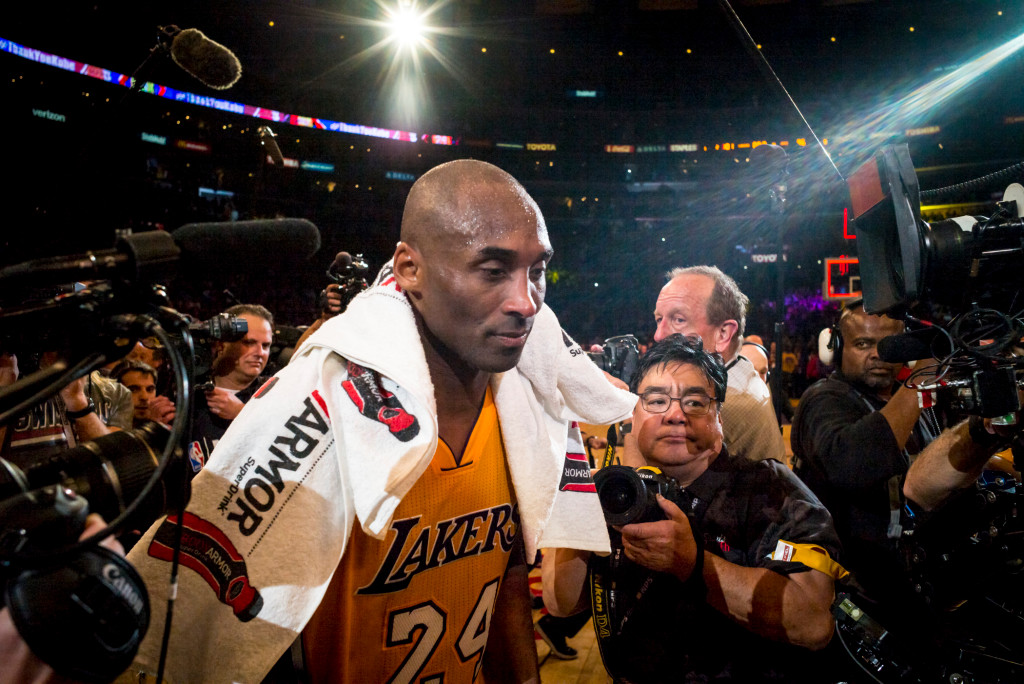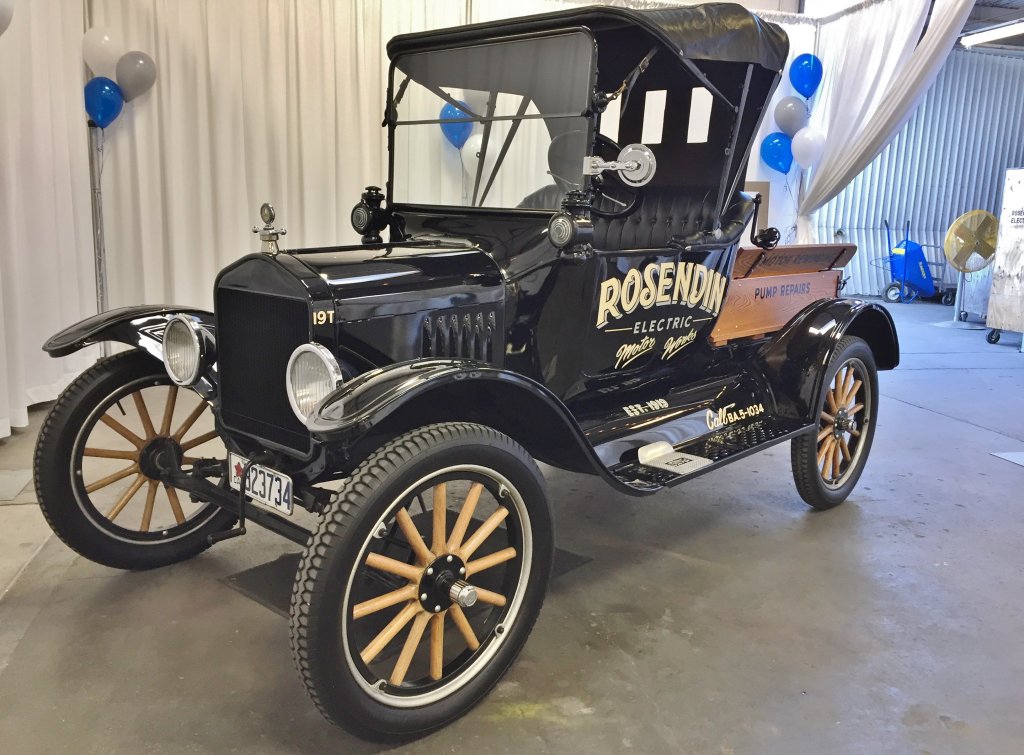Kobe Bryant had L.A. long before hello.
When he showed up for the Summer League at Long Beach State’s Pyramid in 1996, the place was already packed. He scored 27 points in 26 minutes and shot 20 free throws, against older Detroit Pistons. He saw a sports writer from Philadelphia who had come cross-country and said, “Hello, Mr. Smallwood.”
He was 17.
He came on like the Jackson Five and he aged like Eric Clapton, and, given the chance, he might have been Tony Bennett.
Bryant was basketball’s rock star from Day 1. On Sunday he died, along with eight others, when his helicopter pilot rose into skies that the L.A. police wouldn’t brave. The grief was so deep because Bryant had grown up in front of us, with no filter and no place to hide. He was about to become the best ex-player in NBA history.
That was part of Bryant’s defiance. We thought he’d be screaming at the walls when he couldn’t play anymore. He never doubted that he would build a new life in advance, in turn-key fashion, and move right in.
He was gloriously busy. He didn’t even subscribe to NBA League Pass until his daughter Gigi asked him.
Instead, he wrote podcasts about “The Punies,” kids who played games and lost and learned and won.
He conceptualized “The Wizenard Series,” in which the woebegone West Bottom Badgers encounter a magic man who can change their season. He created “The Tree of Ecrof,” in which two kids try to survive among bogeymen at a fantasy sports camp.
He was in touch with today’s stars. He called Kyrie Irving his “little brother,” and Irving left a Nets-Knicks game in tears on Sunday. He consistently studied the WNBA: “A beautiful game. The men’s game gets enough attention.”
When he did comment on the NBA he did not sit in a studio and riff. He got down to the bones of the game with his “Detail” series, on ESPN.
There’s nothing wrong with spending your retirement years broadcasting or making commercials. Bryant, as usual, was different. He didn’t critique players. He was teaching them. He talked about players developing “the emotional stability” it takes to handle making, missing, winning, losing. “The world should be your library,” he said.
So much of Sunday’s TV blather was about Bryant’s pursuit of Michael Jordan. They shared little, except bottomless appetites. Bryant grew up in Italy and skipped college even though the college was Duke. He was a dunker who became a 38 percent 3-point shooter in 2003. He played to meet challenges, not to settle scores or prove his case.
Mostly, he played. He played at least 80 games in six of his 20 seasons, and all 50 games in the lockout season of 1999. When he was on trial for sexual assault in Colorado, he would fly back to Staples for games, even playoff games. He was his own lightning and thunder.
But there were growing pains, all visible and televised. Bryant reached a settlement with the woman in Colorado, who dropped the charges, and he issued a quasi-apology in which he said he could “understand” why she thought the incident was non-consensual.
He was unmerciful, at times, with teammates. He slapped Samaki Walker, allegedly over a $100 bet.
His feuding with Shaquille O’Neal was tiresome, if understandable. O’Neal was the big guy who wanted to be a kid. Bryant was the kid who wanted to be The Terminator, and he wasn’t a fan of seniority. If Shaq came to camp overweight or hadn’t healed himself in the offseason, why should Kobe give him the ball?
The two signed enough treaties to win three championships, but the vibes were awful in the 2004 Finals loss to Detroit, and, according to Phil Jackson’s book, Bryant announced, “I’m tired of being the (deleted) sidekick.” O’Neal was gone within the month.
His wife Vanessa filed for divorce in 2011 but the Bryants stayed together. “I’m known for being determined and fighting my ass off in my professional life,” he said. “How can I not do that in my personal life?”
As Kobe got older he slowly abandoned his 3-point stance. The Lakers won Shaq-less titles in 2009 and 2010. They won Game 7 against the Celtics when Kobe missed 18 of 24 shots and Metta World Peace came to the rescue. When he retired in 2016, none of the tears were his. The gladiator went out and embraced a world without opponents.
If life is measured by the number of unforgettable people we collect, then we were lucky to walk the same earth with Bryant. The regret is that he won’t be around in case we ever grow up.
We are providing free access to this article. Please consider supporting local journalism like this by subscribing here.










